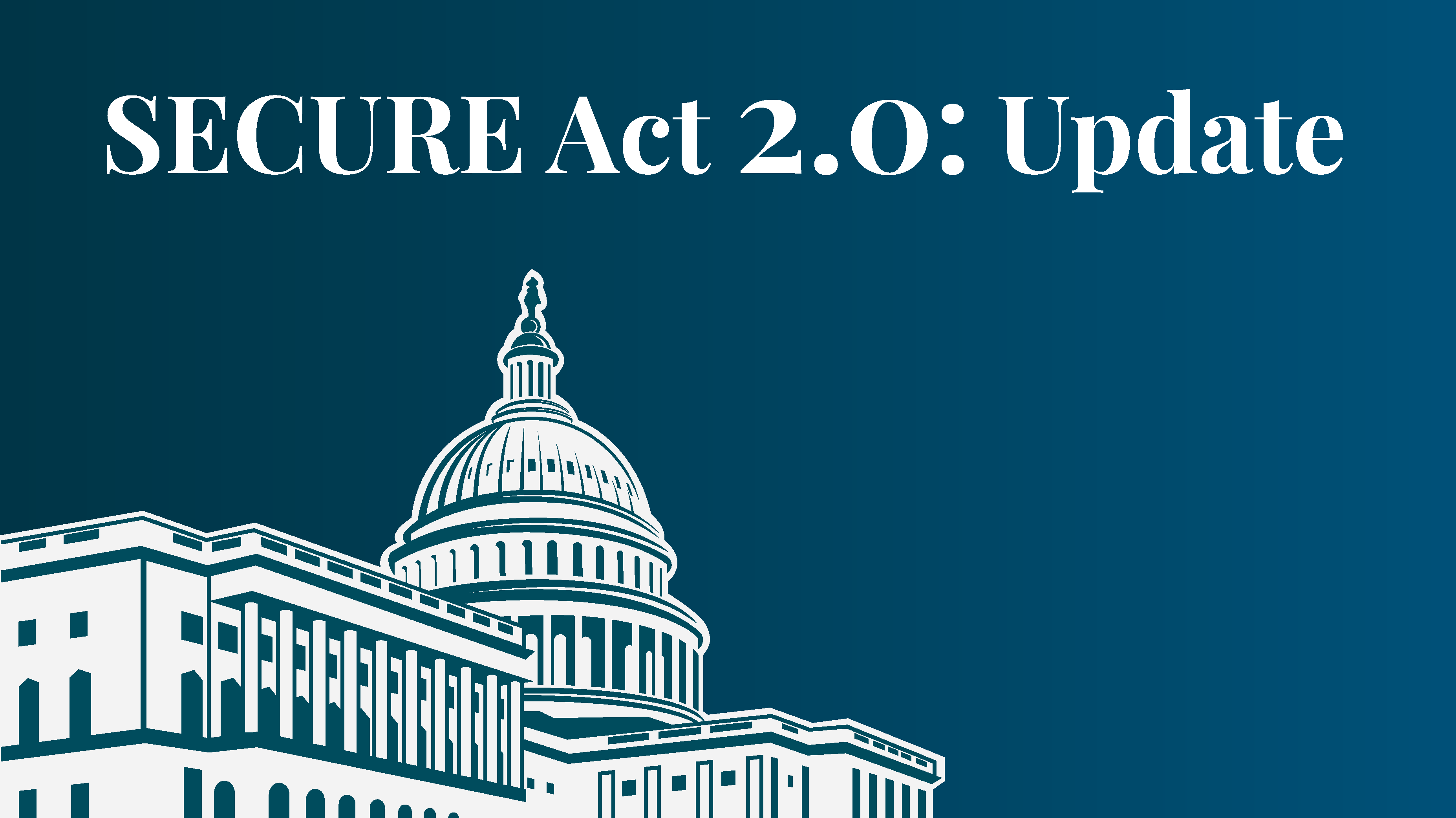At one point or another we’ve likely all heard that money doesn’t grow on trees. While a bit of a cliché, this colorful expression does hold some truth and succinctly describes the finite nature of our financial resources. Financial planning, for all of its complexities, is more or less concerned with maximizing the limited dollars that we possess, and does so by determining whether they be saved, spent, or invested.
However, making this determination is not always easy. It is all too common that we have conflicting goals and need to prioritize how we utilize our money. One example: is it more beneficial to pay down our debts or to invest? At a high level, there are three specific factors you should consider; the interest rate you pay on the debt, the rate of return you could earn on the investment, and your comfort with your current debt load and cash flow.
Interest Rate
Generally speaking, comparing the interest rate you are paying on your debts versus the potential rate of return earned on your investments will lead you in the right direction. For example, if you are considering making extra mortgage payments and your mortgage has a 3.5% interest rate vs. investing the excess cash each month into the market, which based on your portfolio allocation could earn 8% over long periods of time, you may be better off investing the excess cash. However, when considering whether to pay down credit card balances or investing in the market, in most cases you should prioritize credit card paydown as they tend to carry higher interest rates. Ignoring this interest will not only compound the amount owed and restrict cash flow but could also negatively impact your credit score which may have a lasting effect on your finances.
Type of Debt
This simple comparison is not the only piece of information that needs consideration. The type of debt is also important. Paying off federal student loans and mortgage debt may be viewed as a secondary priority when compared to investing. Not only do they generally carry lower interest rates and longer terms, but the interest paid on federal student loan and mortgage debt is generally tax deductible.
Timing
Another major consideration is timing. Given the nature of investing, performance will vary and unfortunately you are just as likely to experience a loss as you are a gain over the short term. It is only when one invests over a long period that you are more likely to grow your money than lose it. Saving for retirement is a great example of when it may make sense to prioritize investing. Not only are you providing your money sufficient time to compound, but you may also have the opportunity to grow your savings immediately through employer retirement plan matching contributions. In addition, making pre-tax retirement contributions may carry immediate tax benefits as they reduce your taxable income.
Risk Tolerance
While crunching the numbers is certainly helpful and may provide a good deal of guidance, there is invariably an emotional component involved that also needs to be considered. In a perfect world, managing your money would be a quick and easy, stress-free experience. Unfortunately, the uncertainty that surrounds our future can make the decision-making process paralyzing. If you tend to be risk-averse, it may be beneficial to balance your goals by simultaneously paying down your debt while also investing. Doing so may reduce any stress but will also help you meet today’s needs while working towards tomorrow’s goals.
Debt paydown and investing for your future are both important financial goals. As you review the debt you carry and your investment opportunity, please contact your JNBA Advisory Team if you have any questions. We know no two situations are alike, and it is important to do what is best for your family and your future.
JNBA is not an accountant nor an attorney and no portion of the above should be construed as accounting or legal advice. All accounting and legal issues should be addressed with an accounting or legal professional of your choosing. JNBA is not an agent of the Federal Trade Commission nor any affiliation with any of the three major credit bureaus. All credit related matters must be independently verified by required authority.
Due to various factors, including changing market conditions and/or applicable laws, the content may no longer be reflective of current opinions or positions. Moreover, you should not assume that any discussion or information contained in this blog serves as the receipt of, or as a substitute for, personalized investment advice from JNBA Financial Advisors, LLC.
Please see important disclosure information at www.jnba.com/disclosure



